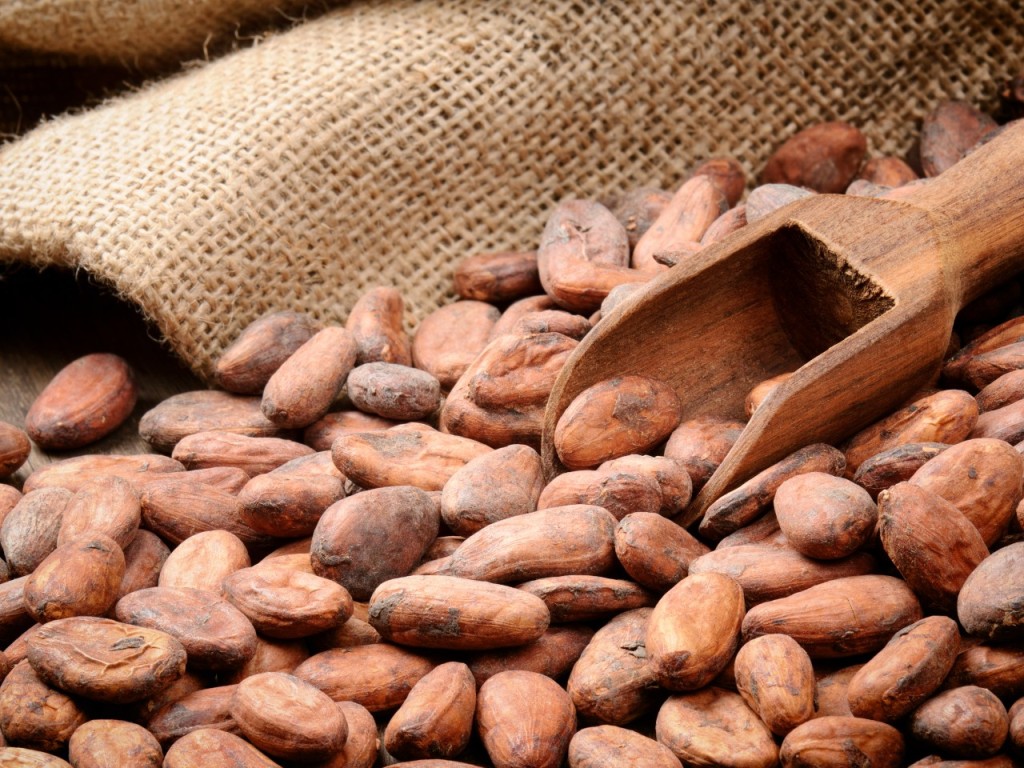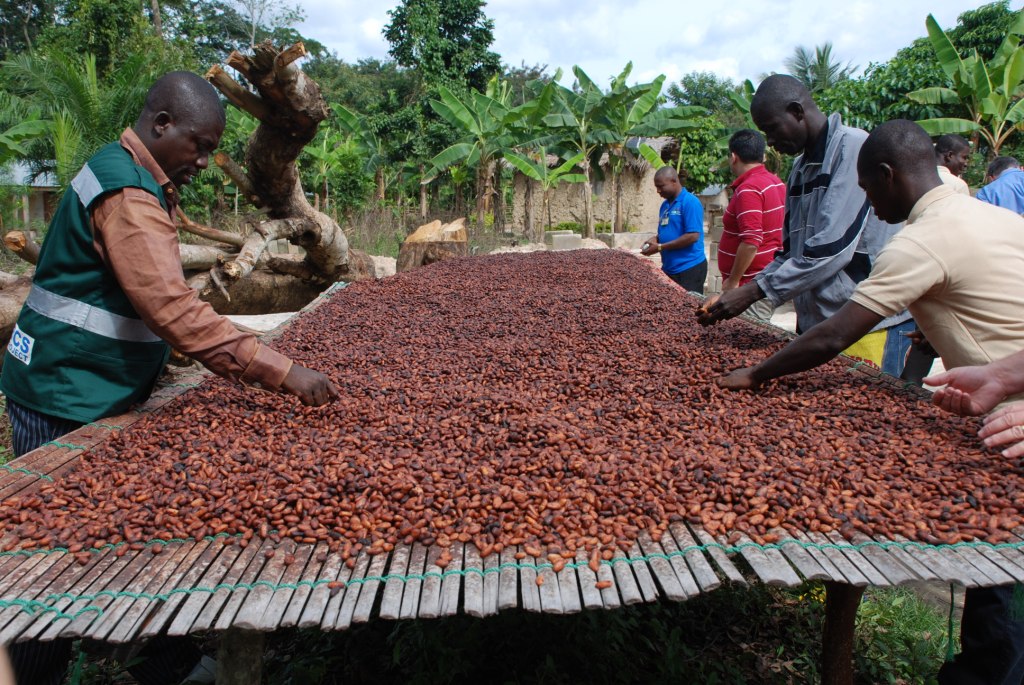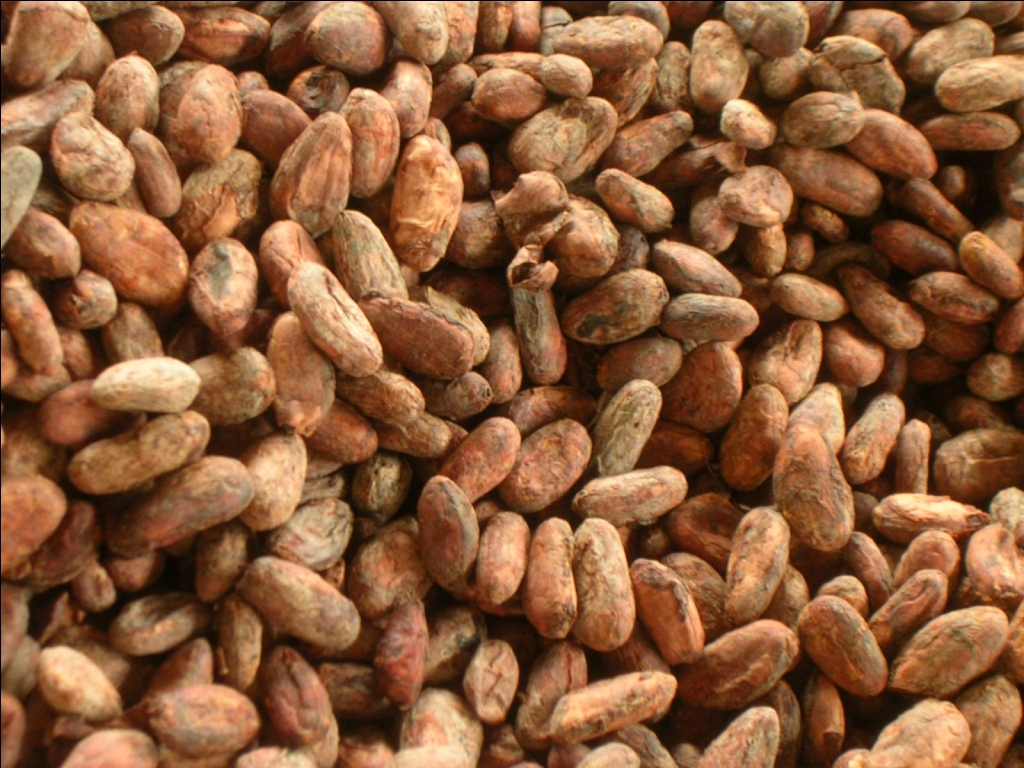

Copyright © 2013 by CEHDev · All Rights reserved · E-Mail: info@cehdev.org

HOME | ABOUT US | WHERE WE WORK | PROGRAMS | INITIATIVES | JOIN US | PUBLICATIONS | CONTACT US
Suite 101, 1220 West Market Street
Wilmington, Delaware U.S.A. 19901
Tel: 1-302-123-7777
Wilmington, Delaware U.S.A. 19901
Tel: 1-302-123-7777


FARM-ORIENTED RENEWABLE ENERGY

As from 2016 we will begin implementing an innovative Farm-Oriented Renewable Energy (FORE) program targeting 3 cocoa-producing countries (Cameroon, Ghana and Cote d’Ivoire) in West and Central Africa. The prime focus of the program will be to combat deforestation and greenhouse gas emissions in the cocoa-producing zones of these countries by substituting locally-generated biogas for fuel wood as the main energy used in cocoa-drying ovens.
In effect, a study we carried out in 2010 revealed that of the estimated 5.2 million metric tons of wood consumed by households in cocoa producing regions in 2009, 4.3 million metric tons were directly used in cocoa ovens. There is thus a systematic denudation of forests directly linked to the drying of cocoa beans. The picture even becomes bleak if one remembers that cocoa ovens are fuelled with green trees, not dry, wood.
In addition to biogas substitution, we will carry out extensive tree planting on already degraded lands. Over the next four years we envisage to achieve about 90% drop in deforestation as a result of these actions. We also envisage to promote and entrench a culture of market gardening through nitrogen-fixing of marginal lands with slurry from anaerobic digesters. By improving farm and off-farm incomes through these actions, the program will also improve the health and wellbeing of community members.
The secondary goal of the program will be to sanitize cocoa production, which is today associated with extensive deforestation, slave labour, child labour and unfair pricing that has plunged cocoa farmers into an irrevocable cycle of poverty. The program therefore intends to provide key stakeholders in the cocoa chain, including consumers of cocoa products, with the opportunity to green their environmental footprints by preferring products manufactured with smoke-free, environment-friendly cocoa beans from certified farms.
Thirdly, in the long term, we expect the program to result in carbon sequestration, thus providing an opportunity for participating communities to earn more off-farm money through carbon capture, storage and disposal of carbon stocks.
In effect, a study we carried out in 2010 revealed that of the estimated 5.2 million metric tons of wood consumed by households in cocoa producing regions in 2009, 4.3 million metric tons were directly used in cocoa ovens. There is thus a systematic denudation of forests directly linked to the drying of cocoa beans. The picture even becomes bleak if one remembers that cocoa ovens are fuelled with green trees, not dry, wood.
In addition to biogas substitution, we will carry out extensive tree planting on already degraded lands. Over the next four years we envisage to achieve about 90% drop in deforestation as a result of these actions. We also envisage to promote and entrench a culture of market gardening through nitrogen-fixing of marginal lands with slurry from anaerobic digesters. By improving farm and off-farm incomes through these actions, the program will also improve the health and wellbeing of community members.
The secondary goal of the program will be to sanitize cocoa production, which is today associated with extensive deforestation, slave labour, child labour and unfair pricing that has plunged cocoa farmers into an irrevocable cycle of poverty. The program therefore intends to provide key stakeholders in the cocoa chain, including consumers of cocoa products, with the opportunity to green their environmental footprints by preferring products manufactured with smoke-free, environment-friendly cocoa beans from certified farms.
Thirdly, in the long term, we expect the program to result in carbon sequestration, thus providing an opportunity for participating communities to earn more off-farm money through carbon capture, storage and disposal of carbon stocks.




